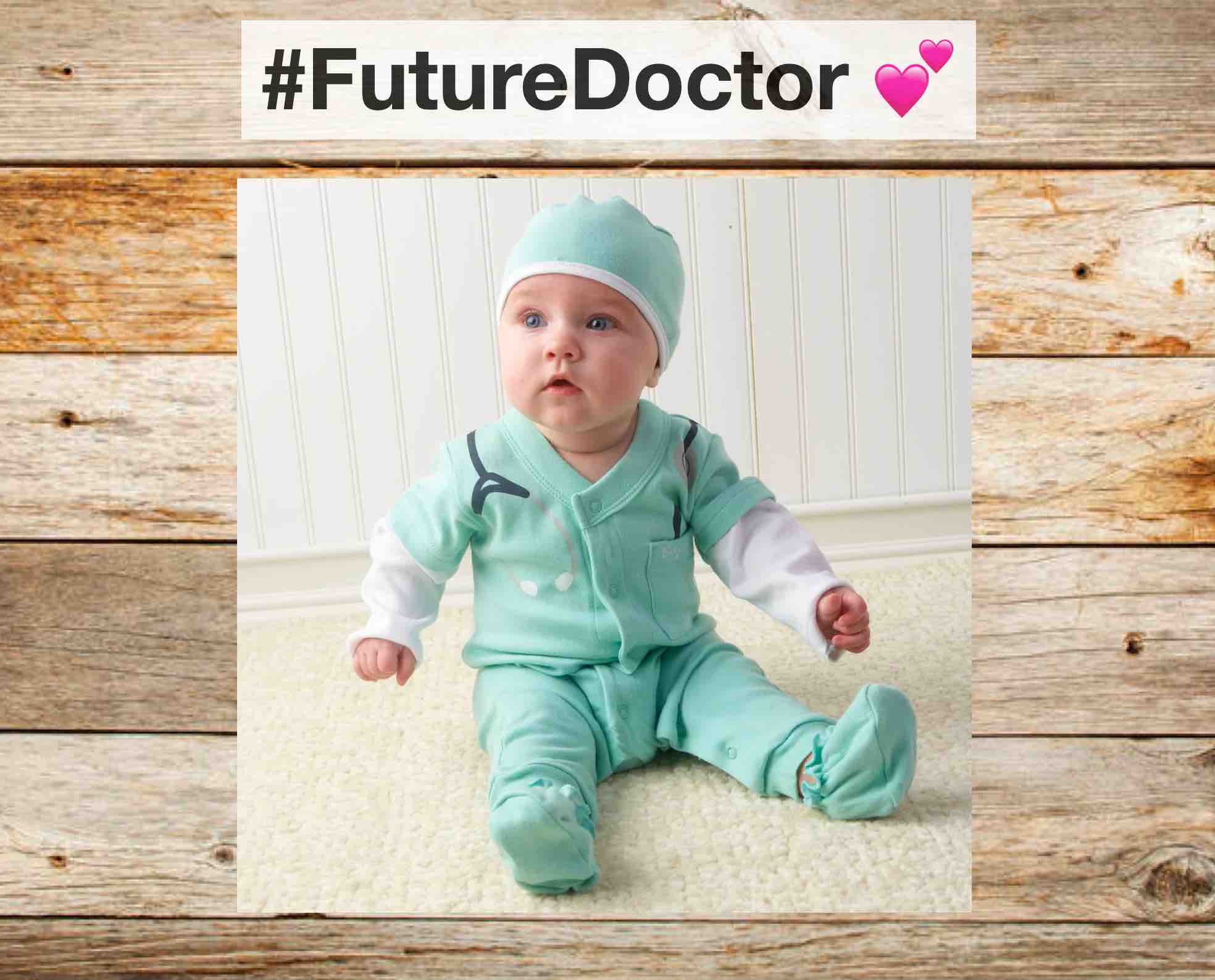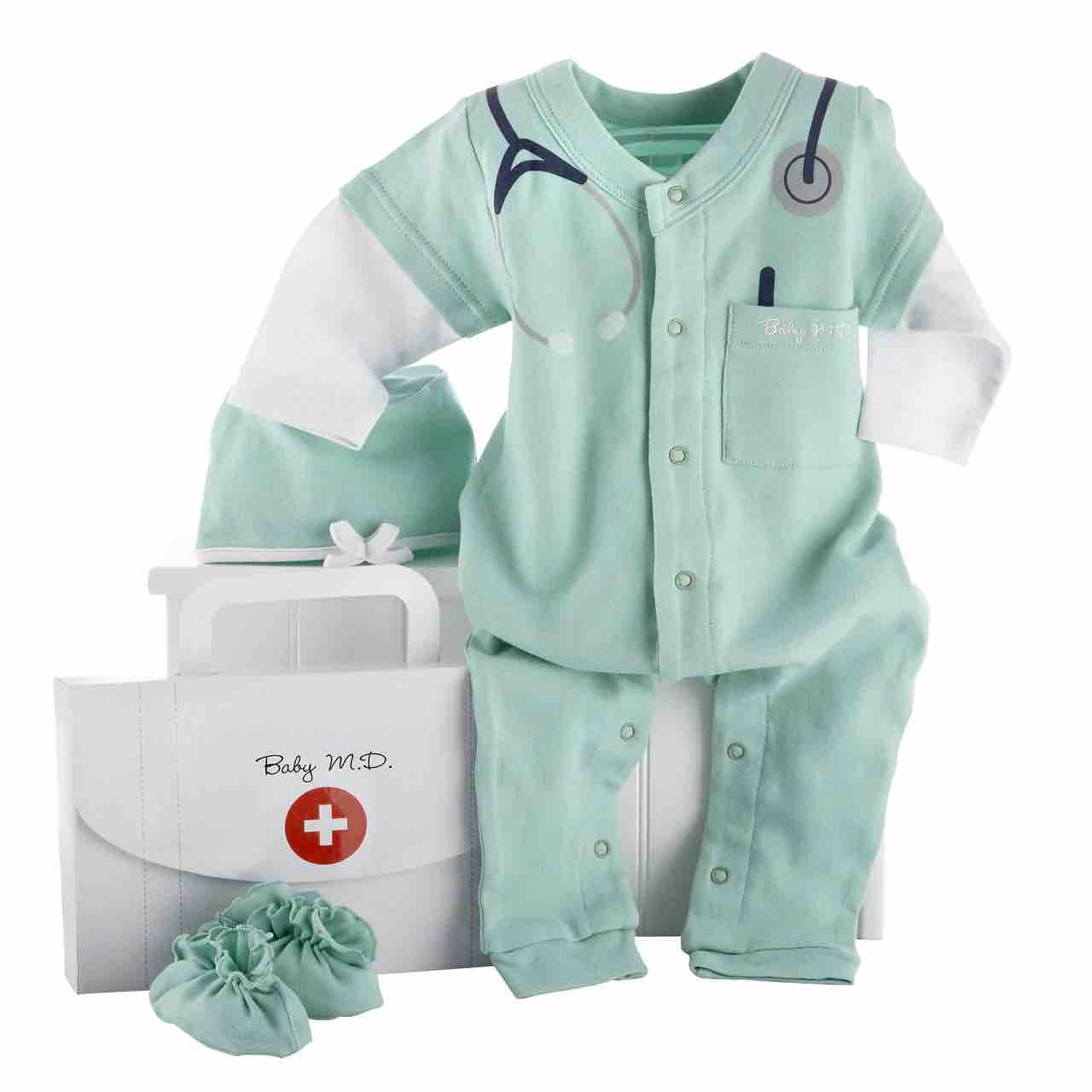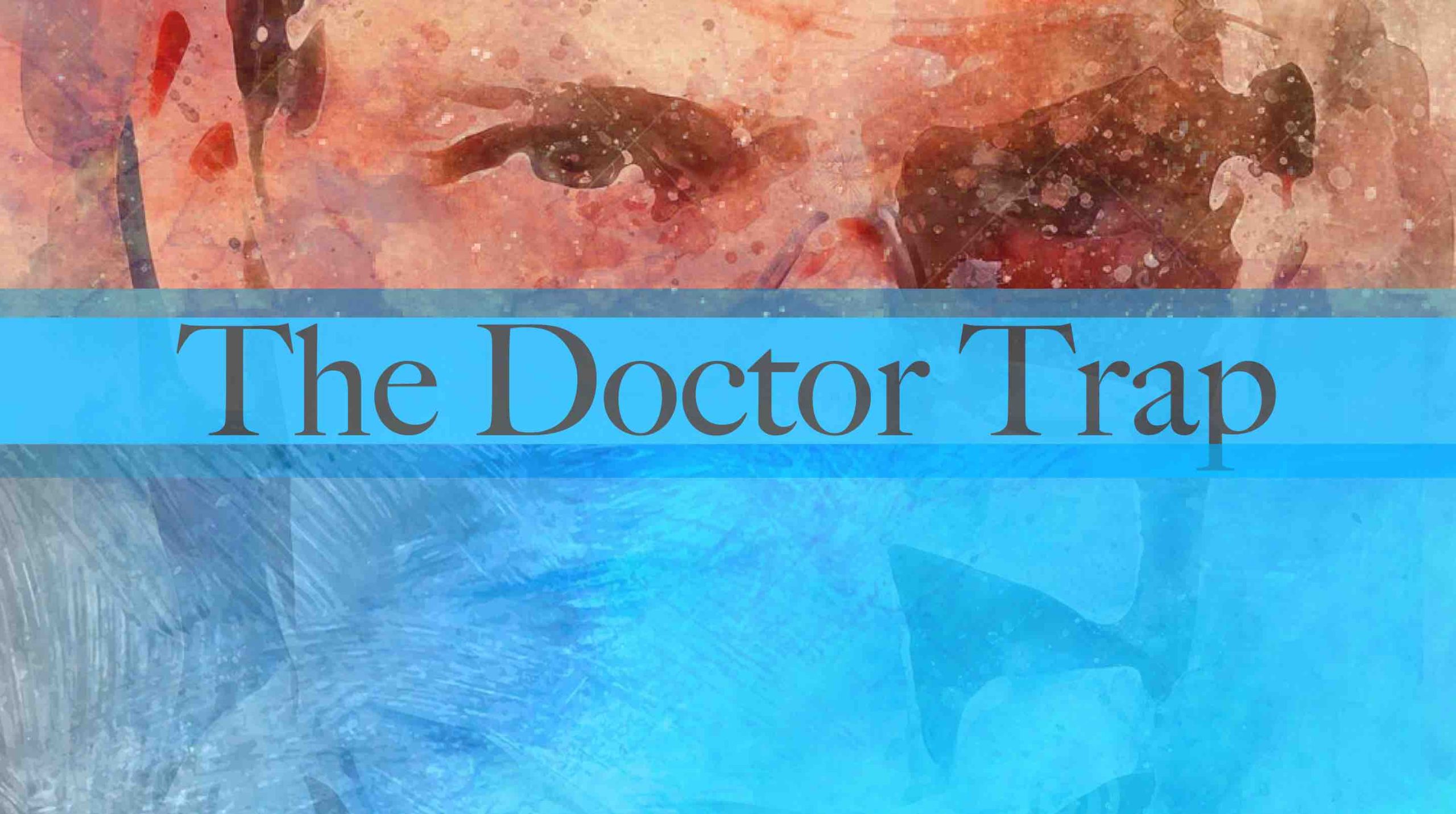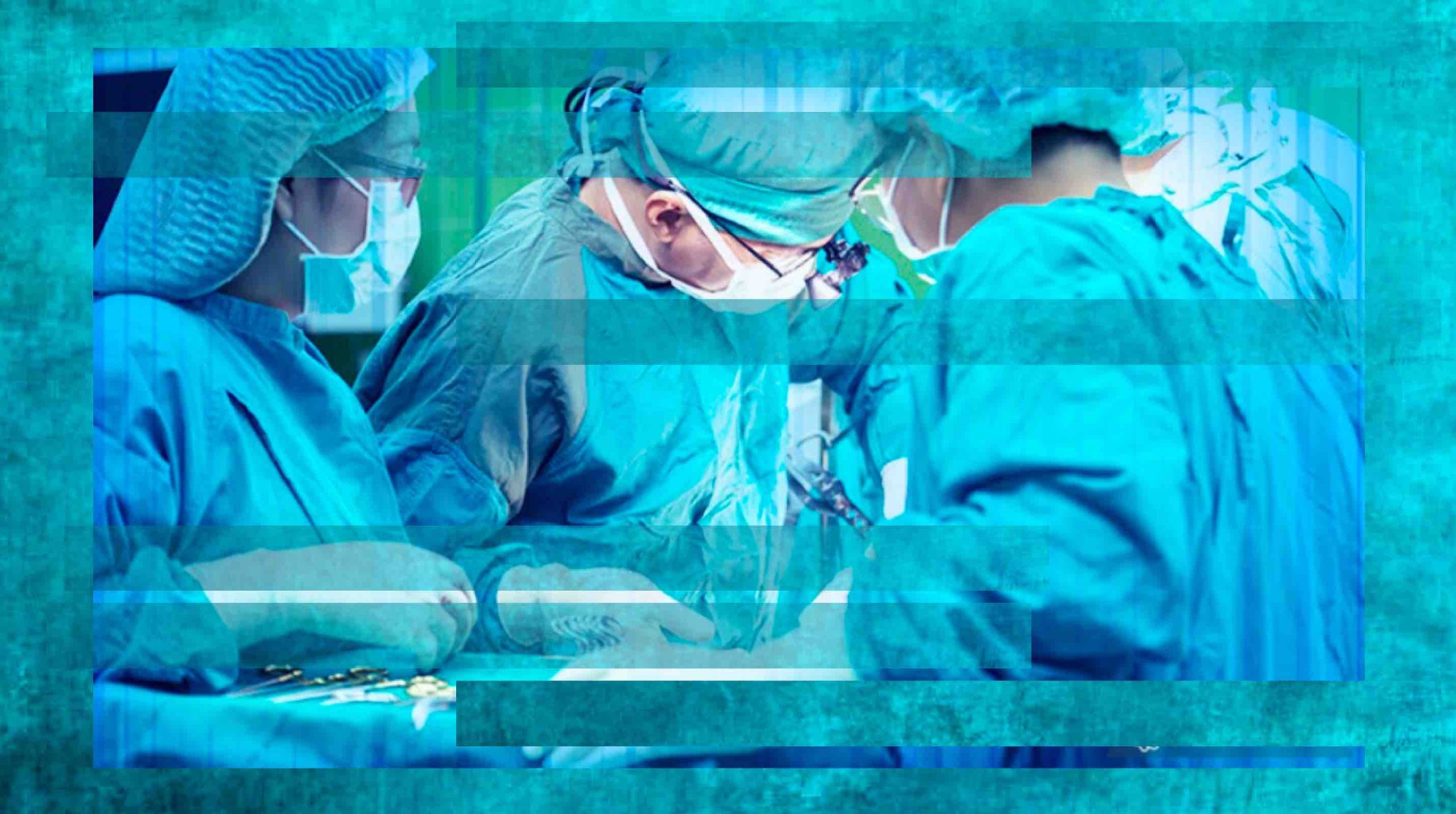
A med student just wrote me:
“Last month on my pulmonary rotation doctors were not serious about contact precautions. Most patients were on steroids and immunocompromised. The doctors did not wash their hands and encouraged me not to wash my hands either! They didn’t even clean their stethoscopes. So basically just carrying infections from patient to patient. On my surgery rotation, I saw surgeons show up an hour after the patient was anesthetized. I’m not happy about this, yet I’ve been told there’s nothing I can do about it. Whenever I share my concerns, they always try to minimize by saying, ‘Yeah we’re endangering patients’ lives, but it’s just because we don’t have time. What are you going to do about it?’ I don’t know what to do. Please help me.”
My advice after more than a decade helping trainees in your situation:
1) Save your soul first. To preserve your mental health, document everything. Follow these documentation guidelines. Keep a personal journal too. Above all, stay true to yourself. To understand the cycle of betrayal in medical training, download my free ebook (20-min read): Physician Betrayal: How Our Heroes Become Villains.
2) Engage allies in collective action. You are witnessing a systemic failure of the medical education system. Nurses are your allies. Be tactful when uniting to address infection control. Hospital-acquired infections are a big deal. To avoid being the sole target of retaliation, join together with medical trainees, nurses, and/or patients to resolve safety issues. Collective action will prevent individual retaliation as this doctor explains:
“We had a professor who would intimidate us during his lectures. He’d point to somebody in the back of the room and tell them to stop doing what they were doing and pay attention or else! Well, our class knew there was nobody in the back making noise. Nobody was discourteous. We checked with the upperclassmen and discovered this had been his routine all along—intimidating the class into submission. We decided that we would not put up with this. The next time, we called him on it. The president of our class stood up and told him, ‘We know what you are doing. There is nobody in the back making noise. We are not staying in your lecture. We are leaving.’ And we got up en masse—all 160 students—and we walked to the dean’s office and reported this. We never saw the professor again.”
3) Attempt internal resolution first. Arrange a meeting for your group with your hospital safety or quality improvement team. Many hospitals have a designated infection prevention and control (IPC) team or infection control officer. You may also bring your collective concerns to your hospital ombudsman—an appointed confidential advocate who helps resolve conflict by facilitating communication between all concerned parties.
4) File external complaints. If internal resolution fails amid a systemic patient safety issue, choose a systemic intervention such as submitting your anonymous complaints to the Joint Commission and to the State Department of Health. NOTE: Medical board complaints do not address systemic issues as they are usually lodged against individual doctors—and if you complain to your school, AAMC, or ACGME, you may end up facing retaliation.
5) Submit OSHA complaint. If your workplace is unsafe, unhealthful, or hazardous, file a confidential Occupational Safety and Health Administration complaint to trigger an on-site inspection by a compliance officer trained to protect workers and their rights. Then request a health hazard evaluation through NIOSH (National Institute for Occupational Safety and Health). They will perform an assessment of physician work conditions and file a report with recommendations. Three employees are required to request a NIOSH evaluation. Your identity will remain confidential.
6) Pursue media exposure. If you’ve exhausted all options above and nothing has changed, an op-ed signed by your group can be very effective. Bad press may lead to revenue loss and lawsuits. Your hospital may quickly address your group’s concerns to prevent further bad press.
7) Consider legal representation. Taking legal action may be the only way to hold a hospital accountable. When patients have suffered death or disability from hospital-acquired infections, hospitals may be held liable for failure to uphold medical standard of care. To pursue legal action, know your whistleblower protection rights.
For more information, reference Human Rights Violations in Medicine.
Are you a medical trainee who needs help? Contact Dr. Wible.


 Do mental health issues caused by being a premedical student get better when accepted to medical school?
Do mental health issues caused by being a premedical student get better when accepted to medical school?












